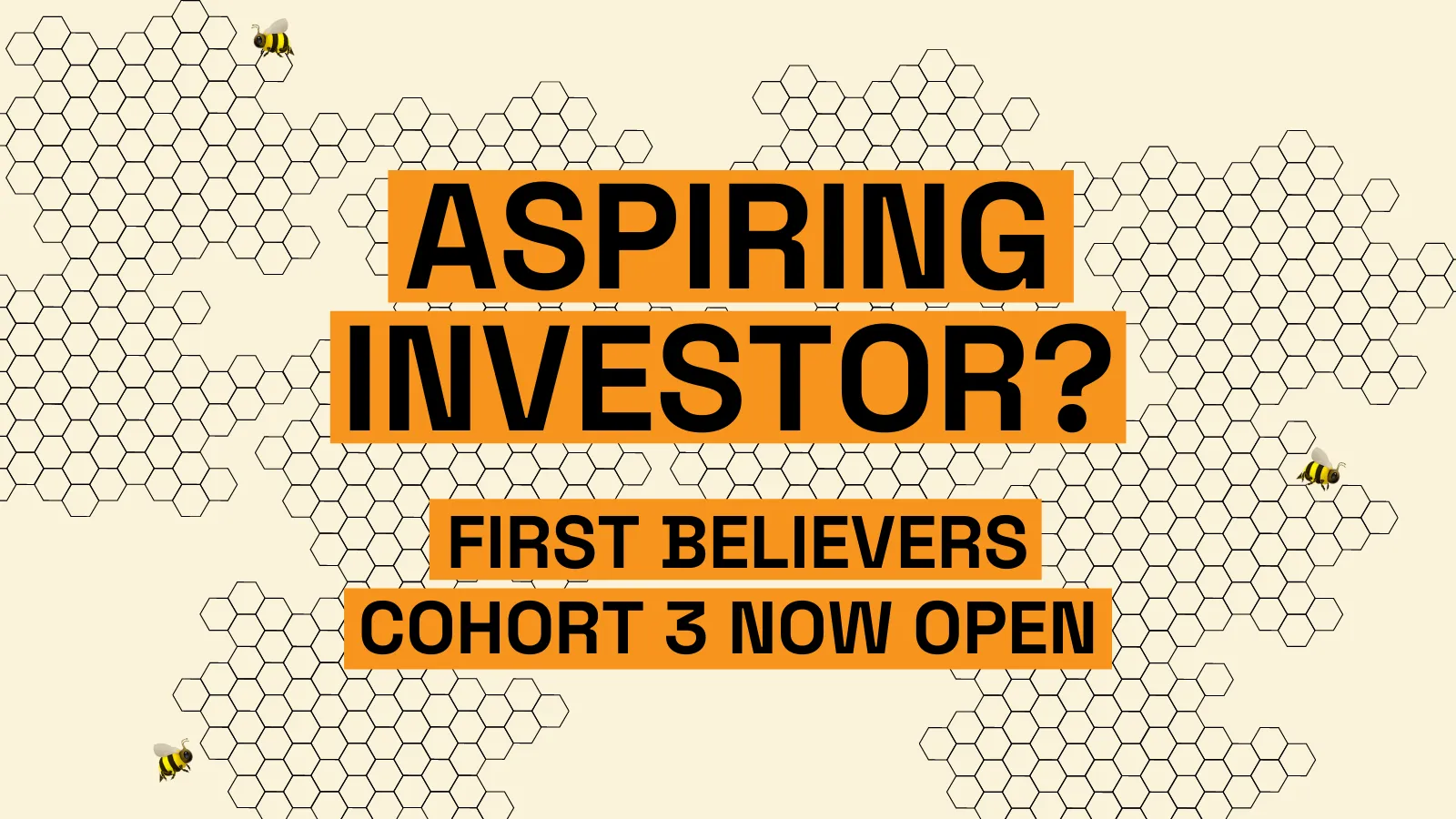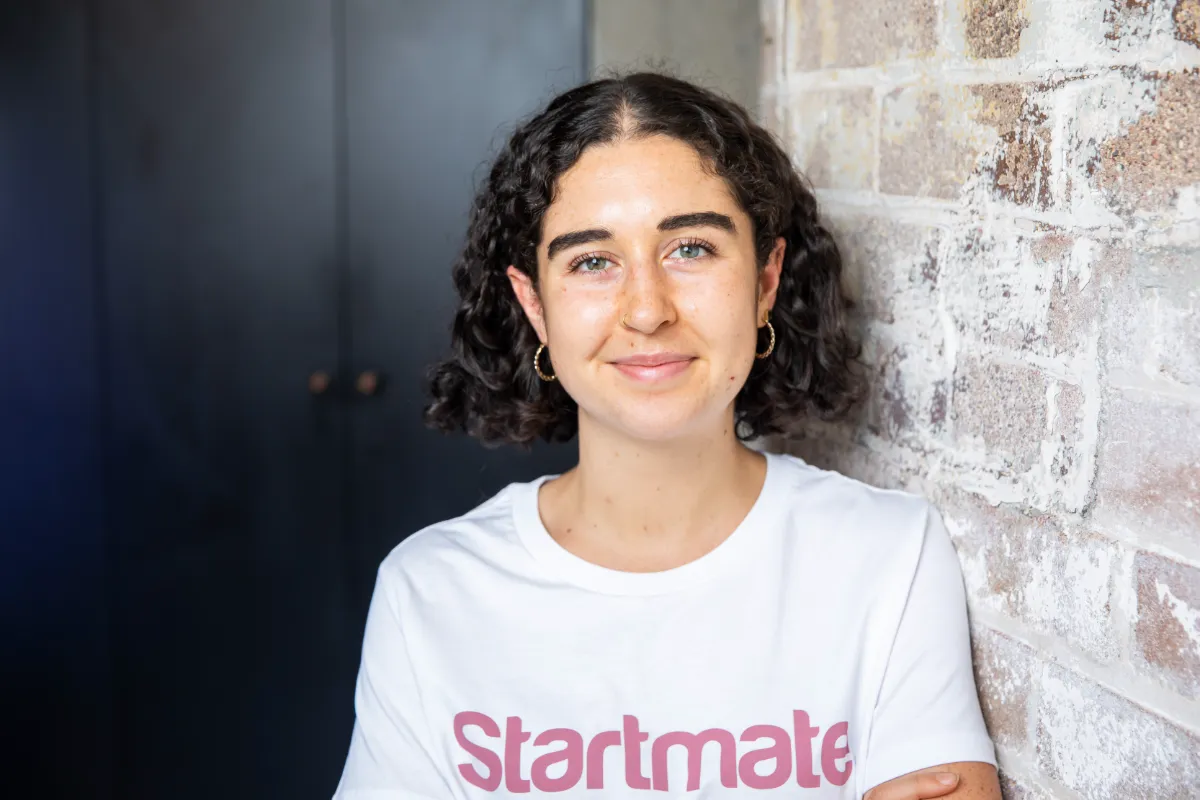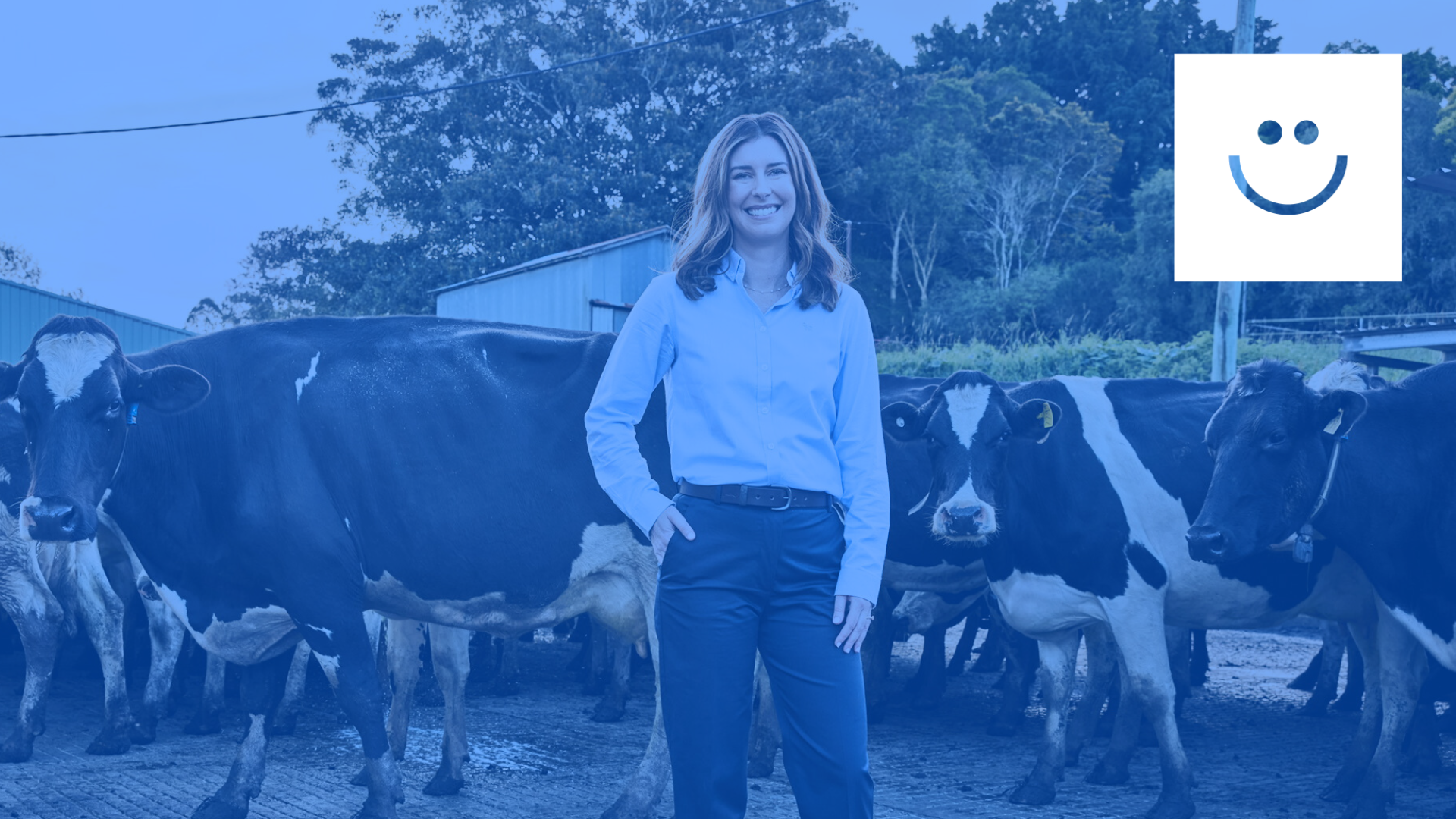Gopi Sara is a self-confessed ‘aspiring startup founder without an idea’ — but he says angel investing offers him the taste of early-stage startup life he craves.
To date, the First Believers alumni has invested in a couple of venture funds and “what feels like a tonne of syndicate deals”. But it’s the 8 angel investments he’s made in the last 18 months that have him most excited.
“The idea of getting to know the founders, investing in a company super early, and then joining them, was always very attractive to me — so a lot of the investments I made early on were subconsciously into companies I could see myself working at (if they wanted me and there was a skill fit),” he tells me.
“I never wanted to make 30 bets. I get my diversification through investing in funds. I just want to work with a dozen startups, across a three to four year period and repeat.
“My reason for angel investing is that when I meet a founder I like, I want to be part of their journey. It's always nice to help out from the sidelines, but it's definitely a different feeling when you have skin in the game.”
The perfect fit
Gopi’s passion for investing in startups he would love to work for shines through in his ever-evolving relationship with martech startup OfferFit.
He met now-founder and CEO George Khachatryan at McKinsey back in 2016.
“George was a superstar at the firm, and no doubt was on the fast-track to becoming a partner," Gopi says.
“So when I heard that he was leaving the firm, I was super surprised, and wanted to find out why. He told me: 'One of my friends (Victor Kostyuk, a data scientist at BCG Gamma) has a startup idea; I've done a fair bit of research into it and I think it could be something big.'
“They planned to build a SaaS product that increased the performance of lifecycle marketing campaigns by replacing A/B testing with self-learning AI. The ambition was to have the product decide the creative and incentive a particular individual needs to receive, at what time of day, through what channel, in order to drive a certain behaviour.”
Then, in 2021, Gopi reached out to the team and offered to connect them with a potential customer in Australia. In short, the meeting was a whopping success, George nailed it, and Gopi says he got conviction in the idea.
“I then invested, and have followed on a couple of times since then,” he tells me.
“I think the coolest part was introducing George to a few VCs in Australia and subsequently seeing Afterwork and Black Nova invest.
“Then, towards the end of 2021, George and I caught up to brainstorm APAC expansion plans. I remember towards the end of the call saying: 'Man, this is some ambitious stuff, I’d love to have a crack at something like this.'"
Gopi is now now OfferFit’s Director of Strategic Accounts APAC.
A big realisation
When asked about his biggest investing lesson to date, Gopi pauses to reflect on the deals he turned down.
“If I think about syndicates and the number of good deals that I’ve passed on, it’s because I never got to properly hear the founders' story,” he says.
“Even some of the best deal notes from syndicate leads fail to deeply articulate the story. Yes, some syndicates hold a Q&A with the founders, but unfortunately, it's not the same as having a candid one-on-one conversation.
“My biggest learning is that you have to meet the founders, find out why they’re going after the problem, and determine if they are the right people to do it.
“Of course, you’re never going to know as much as the founder. You've never going to be able to do due diligence in an industry you’re not in and go, ‘oh wow, this is a great investment’. But you can get a sense of their passion and credibility, and tell them what you think you can help with, and how you might work together.”
Five more insights
My conversation with Gopi might have been 20-minutes long, but there were insights galore. So, here are five more tips.
1. Determine your ‘why’ and construct your portfolio accordingly
“I know I’m stating the obvious when I say this, but the stats show that to get meaningful returns in this asset class, you need to invest regularly over a really long period (think 30 companies with follow-on over 10-plus years),” he says.
“The truth is, it would be very difficult to stay the course if you weren’t crystal clear on why you were investing in the first place.
“For example, is it because you just want exposure to startups in your wealth portfolio? If so, maybe you might be better off giving your capital to a top-tier VC fund (versus trying to deploy it in startups yourself).”
2. Invest your time in education
“I underestimated the amount of education you need to give yourself in order to do this well.
“I had so many questions,” Gopi reflects.
“How differentiated does the product need to be? Is ‘slightly differentiated’ enough? Or does it need to be truly differentiated? What kind of founders should I back? Do you want someone who's had a lot of success and years of kicking goals? Or someone who’s a true hustler? What should the structure of my startup portfolio look like? And finally, how should I allocate my capital?
“I got a tonne of answers from the First Believers program. It allowed me to go very deep on angel investing over a six-month period, and meet and learn from successful angels and venture capitalists who’ve been in the game for a very long time.
“Hearing from Super Founders author Ali Tamaseb was definitely a highlight.”
3. Build a strong network
“I believe investing time in building connections and relationships in the ecosystem is table stakes. You can't just rock up tomorrow and say ‘I’m going to be an angel investor’ and expect to have killer success," he says.
“Building a strong network is required not only from a deal flow point of view, but also from a mentoring point of view. If you have experienced angel investors guiding you during the early years, you’ll avoid costly and silly mistakes.”
4. Add value wherever you can
“Adding value is also table stakes — especially today with all the excess capital floating around," Gopi says.
"If all you have to offer is cash, I think it will be difficult to get onto the cap table of some of the best startups.
“For example, the value that I bring to startups is introductions. I try to help founders get the connections they need, and am constantly thinking about where I could open doors for them. Typically this is to potential customers, suppliers, partners or VC firms.
5. Be ready to rewire some past learnings
“In hindsight, I can see that a few of the things I learnt in consulting got in the way of me investing in some good startups," Gopi reflects.
“For example, in consulting, you always end up over-indexing on managing downside risk.
“As you know with startups, there are a thousand reasons why something's not going to work. (There’s even the cop-out reason of ‘what if Google did this?)
"In the end, I actually had to do a lot of rewiring to truly explore startup opportunities and to consider what the upside would be if the team got it right.”









